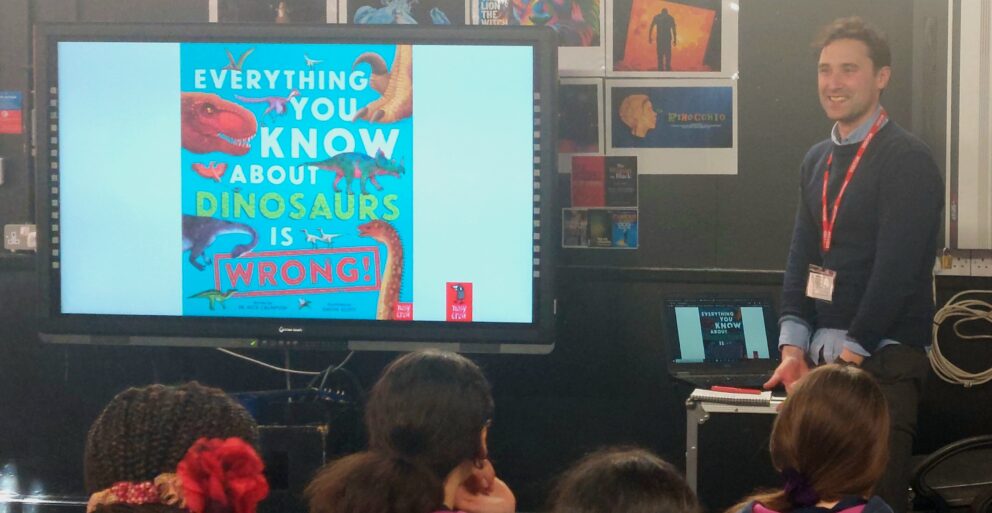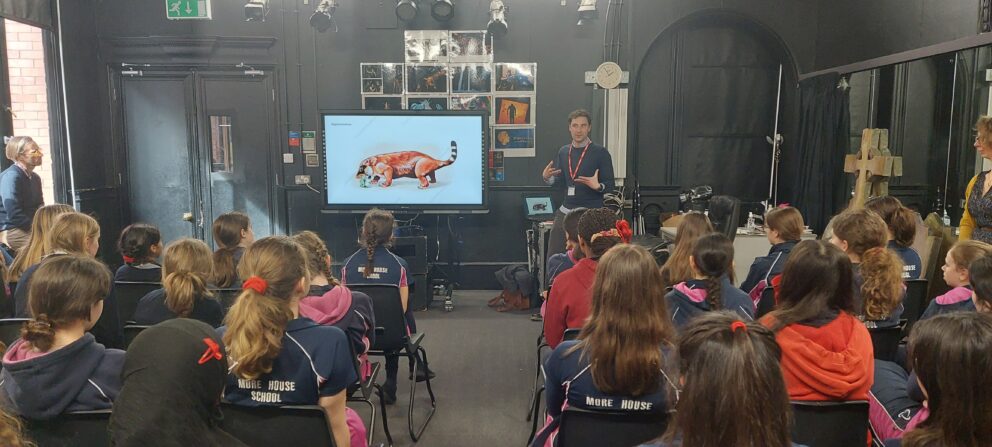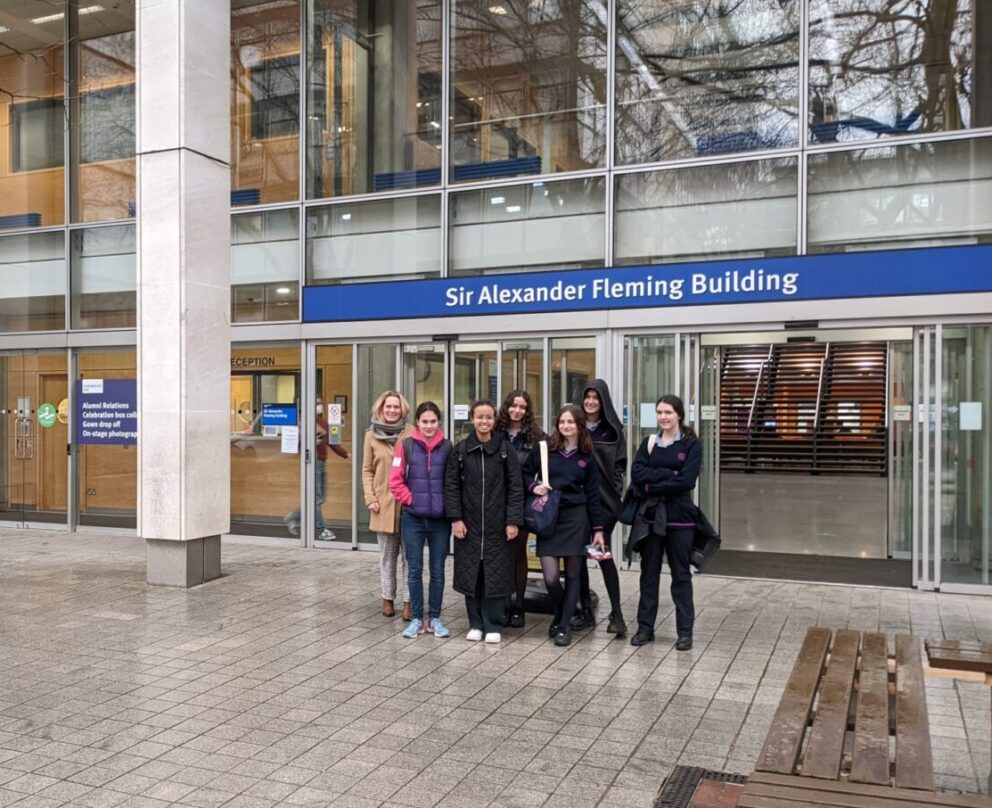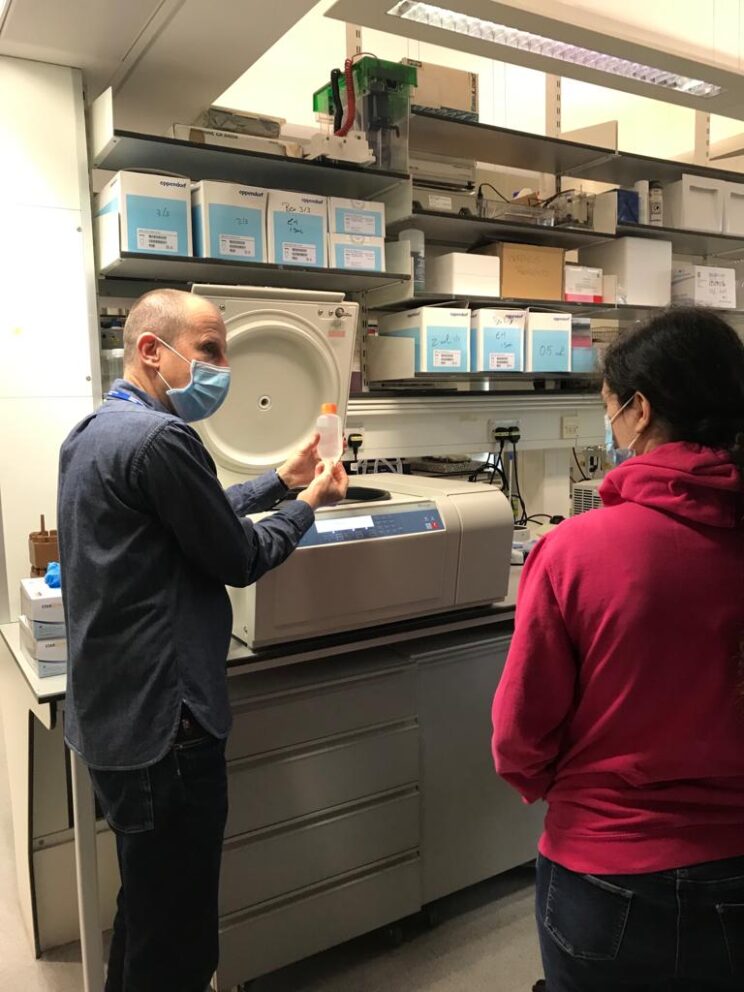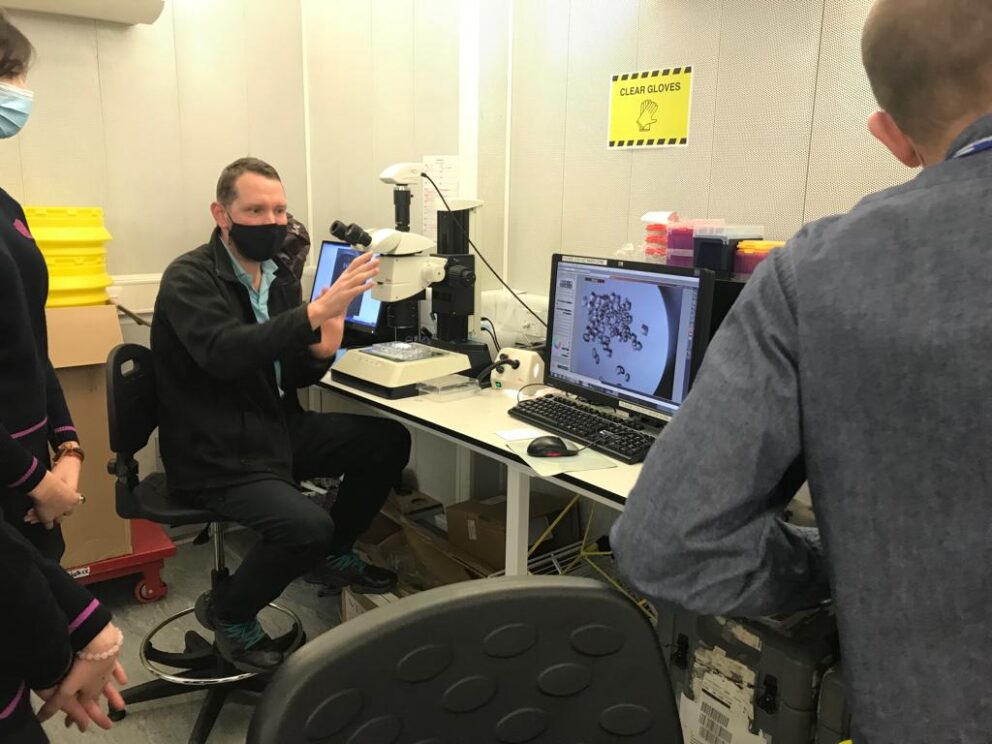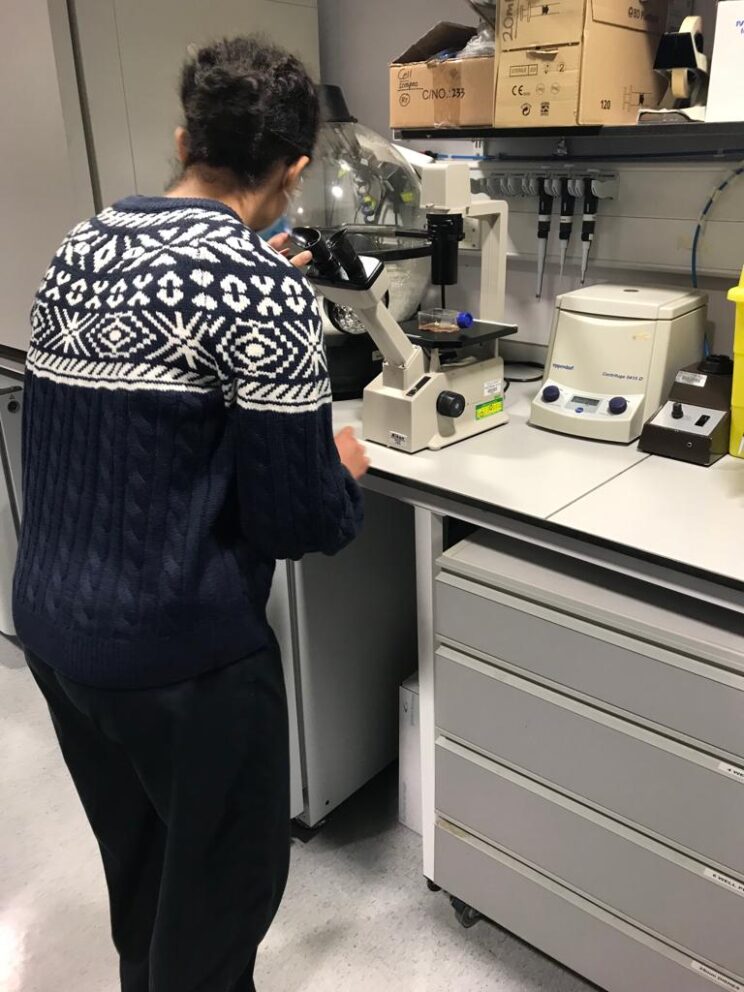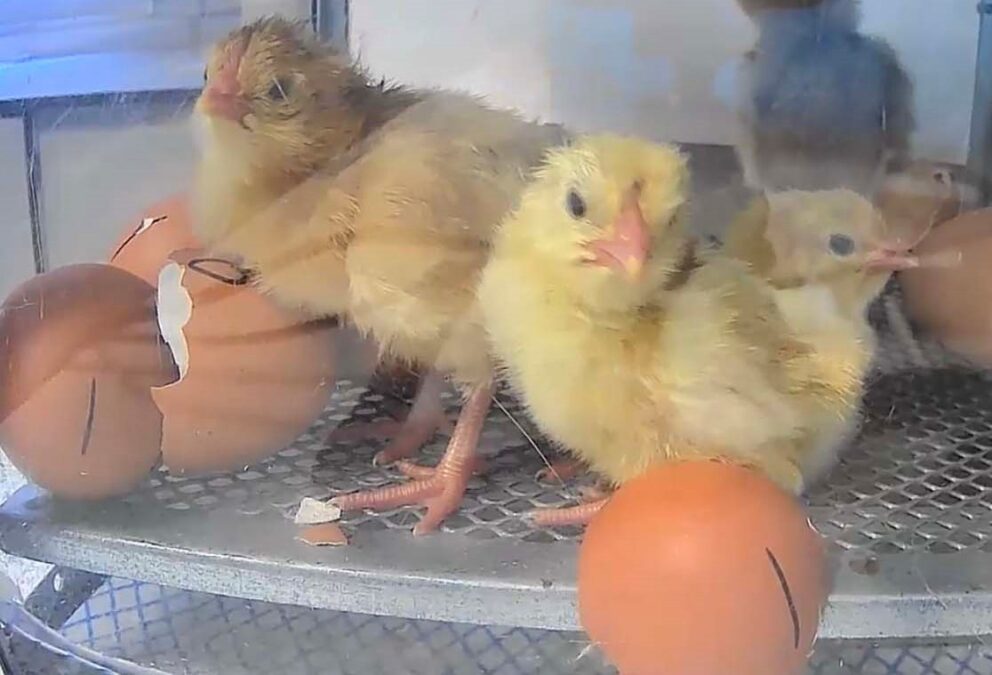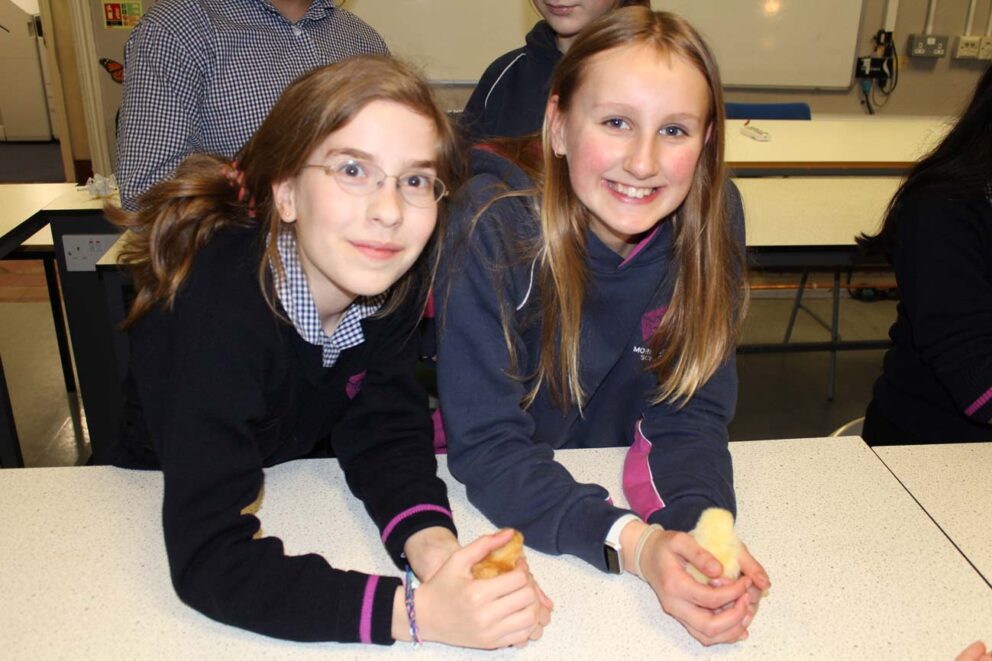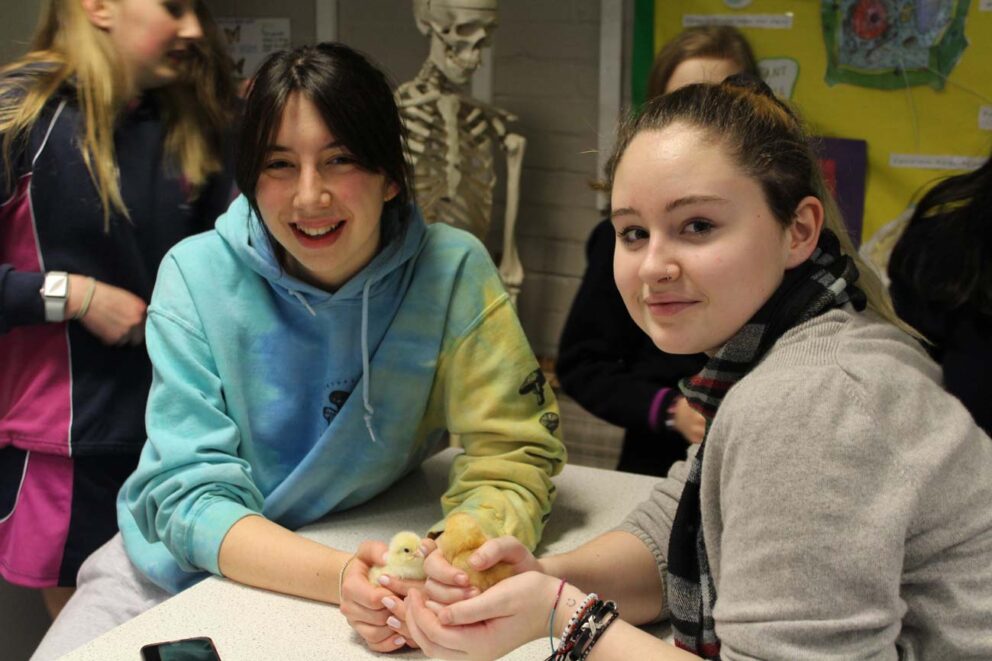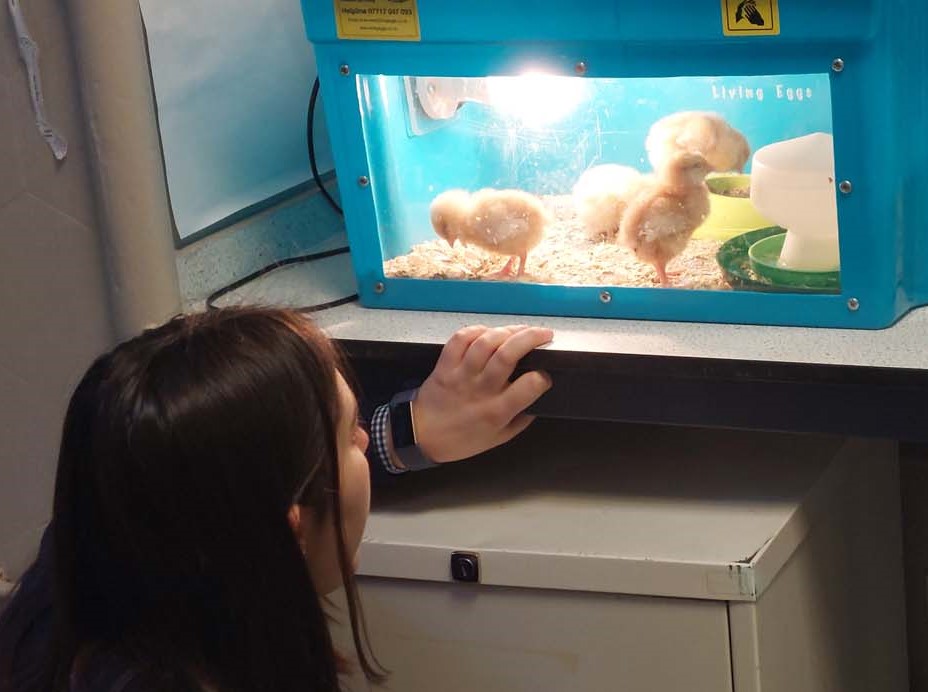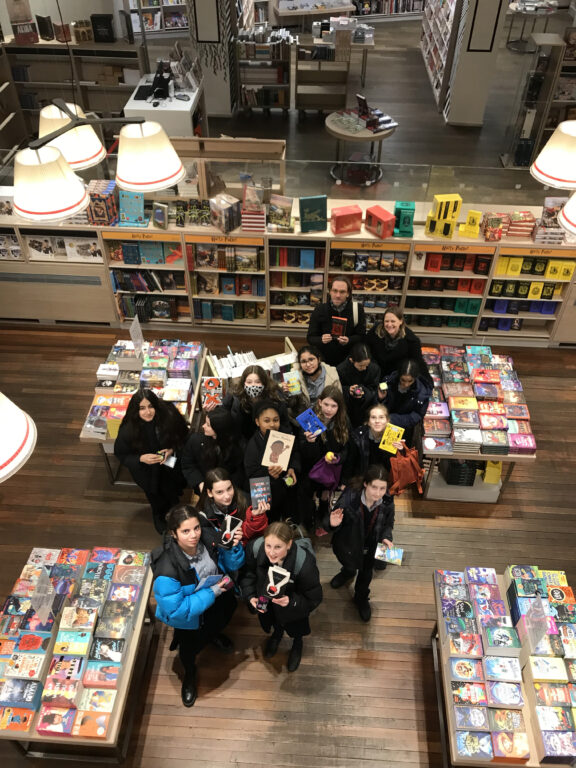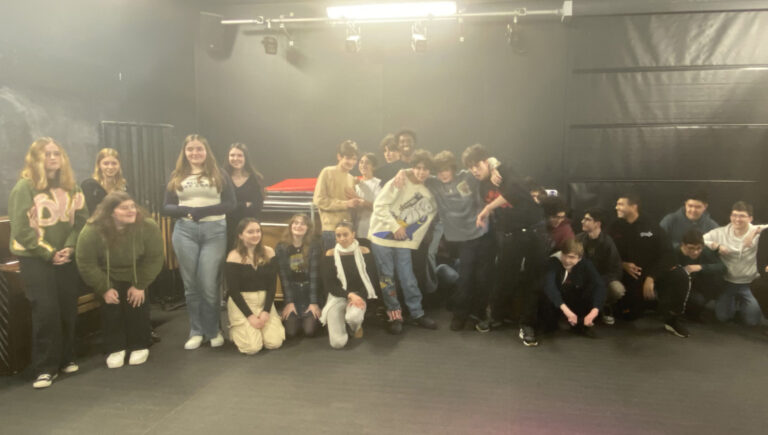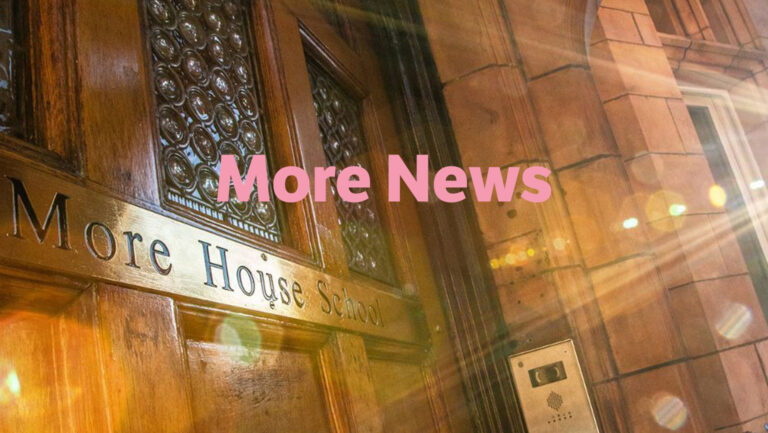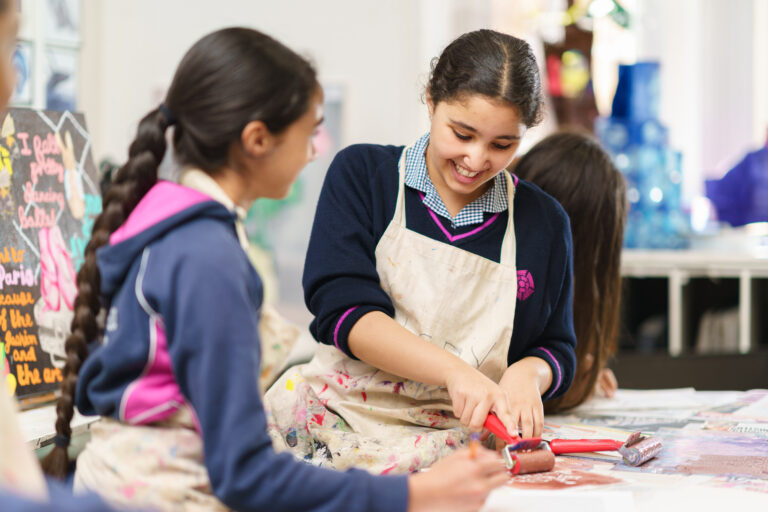This year’s theme for British Science Week was ‘Growth’. We discussed this theme in our assemblies, lunchtimes and lessons. The Sixth Form students and Ms Inchenko started the week off with a thought provoking assembly on population and what that means for the world’s energy supplies. What is the best way forward? Renewables? Hydropower? Nuclear Power? Or should we all start working harder to reduce our energy needs? Ms Inchenko really challenged us to think about whether so called ‘green’ energy sources were better for the environment than existing sources by pointing out the damage that is caused by the mining of the metals needed by batteries. This theme was continued on Wednesday by a Debate on Nuclear power as a possible alternative to fossil fuels – the outcome? That these issues are incredibly complicated!
Growth of course leads us to thinking about the growth of creatures. We were all delighted to watch the chick eggs hatch and the chicks grow over the last week and a half. As well as providing a wonderful example of growth in Biology, the chicks put a smile on the face of everyone who came in to see them. It was just what we needed at this potentially stressful time of year.
The guest speaker for the week was Dr Nick Crumpton. Tavy and Ella Bea interviewed him on his wide ranging career from research zoologist to children’s author.
“I thoroughly enjoyed listening to Nick Crumpton’s talk on zoology, I found it especially interesting as I want to take zoology at university. It gave me an amazing insight into where a degree may take me! I was particularly fascinated by his ambitions, and where they have taken him over the years, by writing many bestselling books like ‘Everything you know about Dinosaurs is Wrong!’, and his fascination with sharks, dinosaurs, and his research on penguins, which I was especially fascinated by. I thoroughly enjoyed interviewing him!”
– Ella Bea (Y11)
“On Tuesday 15th March we were very fortunate to be able to interview Dr Nick Crumpton, a zoologist and children’s book author. We were able to ask him many questions such as why he wanted to study zoology, why he decided to publish books and even what his favourite animal is (sharks!)
He told us about his love for sharing and discussing information about animals and dinosaurs as well as just learning and discovering, which is what led him to be a journalist for the BBC and science communicator at the Natural History Museum, and later to write and publish books for children as he wanted to inspire and teach them from a young age.
It was very lovely to hear Dr Crumpton discuss this topic, as it was clearly something he loved to do. He even covered a wide range of topics, from mind boggling palaeontology – such as how the Tyrannosaurus Rex is closer to us in time than it was to the Stegosaurus’ – to the ins and outs of actually writing and publishing a book and even introducing us to the Tenrec, an animal that looks like a cross between a bumblebee and a hedgehog, but is actually more closely related to the elephant!”
– Tavy (Y11)
Six students had the absolute privilege to visit Professor Erhard Hohenester at Imperial College. Students were asked to apply and tell us how they saw Science impacting their future. The students who showed a passion for the Sciences were chosen and made the most of this personally guided tour. It was absolutely inspiring and we hope the students who went felt encouraged to work towards a future in the Sciences. Here’s what Lucrezia and Alessandra said about their day.
“At Imperial College we were able to experience a 3D visual of a polypeptide amino acid chain, protein included the twenty types of amino acids that you could add, and edit onto the fascinating visual. As well as being able to explore a real biochemistry laboratory, and be able to see where proteins were crystallised and view multiple examples of advanced science equipment in action.”
– Alessandra (Y10)
“Today, at Imperial College, we were fortunate enough to observe Biochemistry laboratories and meet amazing academics who welcomed us with open arms. When observing the labs we encountered a fascinating 3D computer generated model of a polypeptide chain of amino acids, which coded for a specific protein. Through this computer generated image we were able to understand the molecular structures of proteins, which I found extremely interesting . Furthermore we were shown tech which is used in various experiments such as complex pipettes and chromatography machinery. We also engaged in interesting, open minded conversations regarding ethics in science laboratories discharge as the overuse, in some cases, of plastic and animal testing. After the lab tours, conducted by Professor Hohenester, we had another academic show us what life would be like at imperial college as a student through an informative presentation, which I found extremely helpful and insightful. Overall I believe this experience to have been very formative and beneficial in helping us students to contextualise our knowledge and discover new opportunities which might await us in the future.”
– Lucrezia (Y10)
